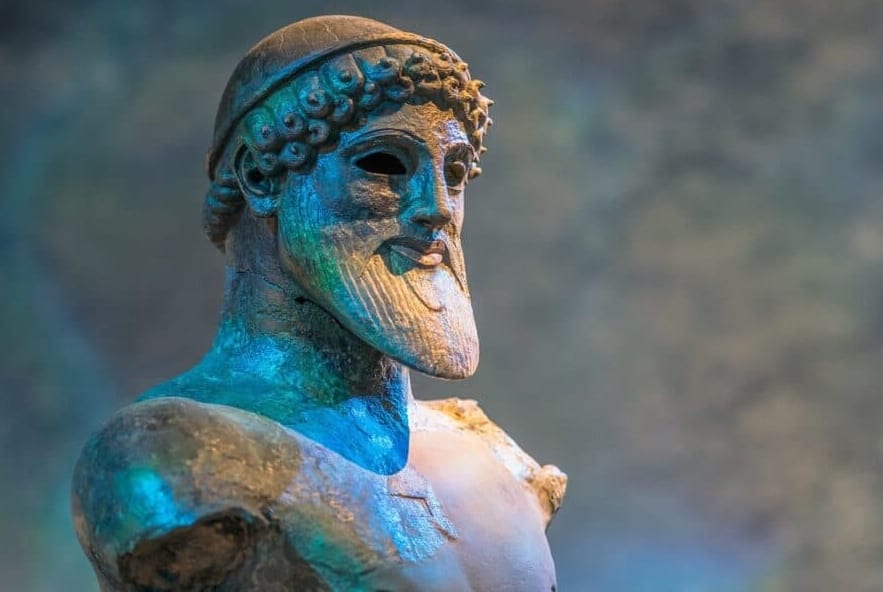Introduction. History of Bipolar Disorder

The history of bipolar disorder can be traced back into the ancient times. In the antiquity people differentiate between depression and mania. First in the XX century both conditions appearing in the same person were classified as bipolar disorder.
Ancient Greece
The word “mania” derives from the Greek “μανία” (mania), “madness, frenzy” and that from the verb “μαίνομαι” (mainomai), “to be mad, to rage, to be furious”.
The relationship between melancholy (modern depression) and mania can be traced back to the ancient Greeks. The earliest written descriptions of a relationship between mania and melancholia are attributed to Aretaeus of Cappadocia. Aretaeus was an eclectic medical philosopher who lived in Alexandria somewhere between 30 and 150 AD (Roccatagliata 1986; Akiskal 199]). Aretaeus is recognized as having authored most of the surviving texts referring to a unified concept of manic-depressive illness, referring melancholia to overweight of black bile and mania as the effect of overproduction of yellow bile. He described the behaviour of people with what we call today bipolar disorder: ” they laughed, played, danced day and night, and sometimes appeared openly in the marketplace, wearing their crowns like winners in the contest of prowess.” There were “dull, boring and sad” at other times.
Another Greek philosopher Soranus of Ephesus (98–177 AD) described mania and melancholia as distinct diseases with separate etiologies. He acknowledged that “many others consider melancholia a form of the disease of mania”.
Ancient Rome
Several etymologies are proposed by the Roman physician Caelius Aurelianus. He introduced into the medical nomenclature the Greek word “ania”, meaning to produce great mental anguish. The other term coined by him was “manos”, meaning relaxed or loose.
Bipolar Disorder history in XIX century
The modern psychiatric concept of bipolar disorder has its origins in the 19th century. In 1854, two French physicians, Jules Baillarger (1809–1890) and Jean-Pierre Falret (1794–1870), independently described the disorder. On January 31, 1854, Jules Baillarger of the French Imperial Academy of Medicine described a biphasic mental illness that causes recurrent oscillations between mania and depression, which he called “folie à double” (“dual-form insanity”). On February 14, 1854, Jean-Pierre Falret presented the Academy with a description of the same disorder, which he called his “folie circular” (“circular insanity”). He also observed that the disorder was more common among members of the same family concluding that the disease was hereditary.
Bipolar Disorder history in XX century
In the early 1900s, German psychiatrist Emil Kraepelin (1856–1926) investigated and classified the natural course of patients with untreated bipolar disorder and identified relatively asymptomatic intervals between episodes that allowed patients to function normally.
Kraepelin called the disease “manic-depressive psychosis” and observed that it has less harmful course than dementia praecox (today`s schizophrenia). Despite his diagnostic versatility, he didn`t notice the difference between patients with monopolar depression and those showing both manic and depressive episodes.
The terms “manic–depressive illness” and “bipolar disorder” are relatively new. The term “manic-depressive reaction” appeared in the first diagnostic manual published by the American Psychiatric Association in 1952. A sub-classification of bipolar disorder was first proposed in 1957 by the German psychiatrist Karl Leonhardt. He also introduced the terms bipolar (for patients with mania and depression) and unipolar (for those with depression only).

DR. GREGOR KOWAL
Senior Consultant in Psychiatry,
Psychotherapy And Family Medicine
(German Board)
Call +971 4 457 4240
